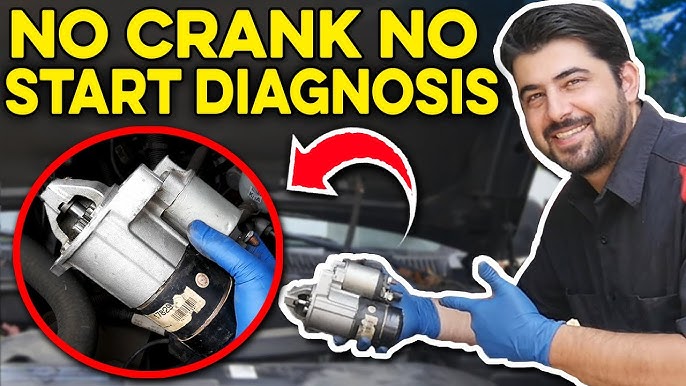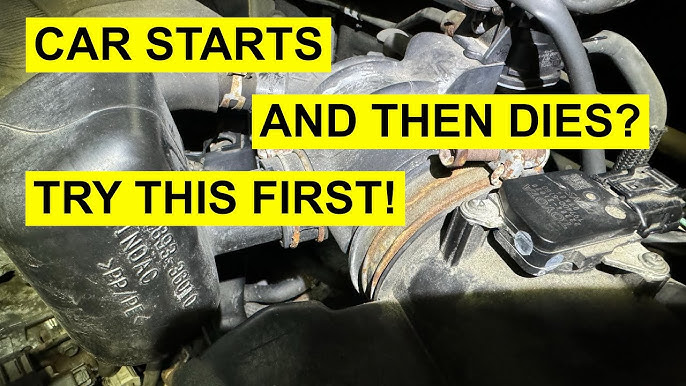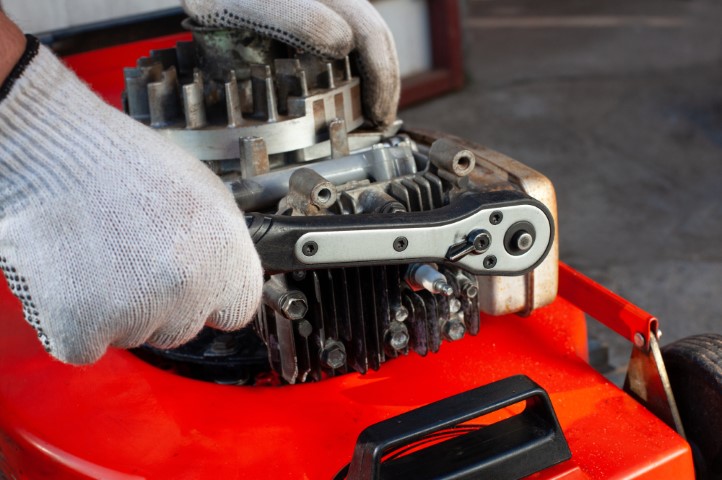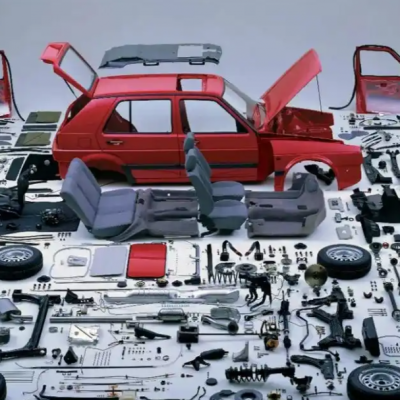Common Causes and Solutions for Diesel Engine Starting Failure in Heavy Trucks
Table of Contents
ToggleDiesel engines in the heavy-duty truck industry often experience issues where the engine fails to start or starts poorly. These issues can account for a significant portion of engine-related service cases. Below, we’ll explore the most common causes and effective troubleshooting methods to help you quickly locate and fix the problem.
Engine Fails to Start – Diagnostic Guide
-
Fuel Supply Blockage (Fuel Pump Inlet Filter or Hose Clogged)
Some users try to cut costs by using poor-quality diesel fuel, which often leads to sediment and blockage in the fuel system.
Solution: Inspect and clean the inlet filter, fuel hoses, and ensure the diesel fuel used is clean and meets quality standards. -
Air in the Fuel System
Air leaks into the fuel lines due to loose connections or damaged seals.
Solution: Check all fuel line connections for air leakage, tighten joints, and bleed the air from the fuel system. -
Injection Pump Failure
A malfunctioning plunger or delivery valve inside the pump can result in zero or irregular fuel injection.
Solution: Disassemble and inspect the injection pump; repair or replace damaged components as necessary. -
Fuel Injector Malfunction
Injectors may fail to atomize the fuel properly due to clogging or mechanical failure.
Solution: Test spray patterns, clean or replace faulty injectors. -
Incorrect Valve or Injection Timing
Timing that is too advanced or delayed will lead to inefficient combustion or no combustion at all.
Solution: Use proper timing tools to inspect and adjust the valve timing and fuel injection timing. -
Damaged High-Pressure Fuel Pipes
Leaks in the high-pressure fuel lines will result in insufficient fuel delivery.
Solution: Replace any damaged or leaking high-pressure lines. -
Low Cylinder Compression Pressure
This can be due to worn piston rings, valve leakage, or a damaged cylinder head gasket.
Solution: Perform a compression test and repair any mechanical failures accordingly (valves, head gasket, piston rings). -
Low Ambient Temperature
Cold weather makes it harder for diesel fuel to ignite.
Solution: Use engine block heaters, glow plugs, or other cold-start assist devices in low-temperature conditions.

Hard Starting or Engine Stalls Shortly After Starting
-
Clogged Fuel Filter
Blocked filters reduce fuel flow and pressure.
Solution: Remove and clean the fuel filter; replace it if heavily contaminated. -
Air in the Fuel System
Even minor air leaks can cause rough idling or engine stalling.
Solution: Check for loose fuel line connections or improperly tightened bleed bolts; purge air from the system. -
Fuel Transfer Pump Malfunction
If the lift pump fails, fuel will not reach the high-pressure system.
Solution: Inspect and test the fuel transfer pump’s piston and valves; replace if not working properly. -
Poor Fuel Quality or Water Contamination
Dirty fuel or excessive water leads to combustion failure and injector damage.
Solution: Drain the tank and fuel lines, clean filters, and refill with clean diesel. -
Low Idle Speed Setting
Improper idle speed may prevent stable combustion after start-up.
Solution: Adjust the idle speed to the manufacturer’s specifications.

Pro Tips for Preventing Engine Start Issues
-
Use High-Quality Diesel Only
Poor-quality or contaminated fuel is one of the leading causes of diesel engine failure. Always use certified, clean diesel to extend engine life and prevent costly repairs. -
Maintain Fuel System Components Regularly
Regularly inspect and service fuel filters, pumps, and injectors to avoid sudden failure. -
Contact Authorized Service Centers When Needed
If you encounter repeated or unresolved issues, consult a professional service center or engine technician immediately.

Conclusion
Hard starting or failure to start is a common issue in fuel-injected diesel engines, especially in heavy-duty trucks. With proper diagnosis and maintenance, especially of the fuel system, most of these issues can be resolved efficiently. Preventive care, quality fuel, and timely service are key to keeping your diesel engine in top condition.




